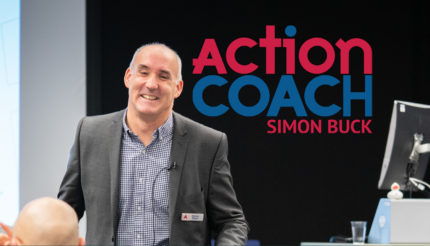
I’ve heard this from business owners more times than i care to mention, but the interesting thing is why do i hear it? Its often the case that a business owner knows instinctively what to do and therefore assumes their team also knows. But if your team thought the way you did as a business owner, they would probably be one!
So lets go with the principle that everyone is different to you, it helps make communication more succinct. If i don’t assume anything, i have to say it, make it clear, write it down, set it as a target.
Nobody comes to work to do a bad job, we do however sometimes let them. But often its not even that, its that they don’t know what good really looks like.
Would each member of your team be able to tell you what you expect of them every week, would they be able to leave on Friday knowing they had done a good job, hit the target, given great customer service, delivered against your expectation?
I find there is often frustration on both sides until there is transparency and clarify of what is expected. No more second guessing, explicit management, clear expectations all round.
I’ll give you 2 great examples, one from a business and one from something totally different but ironically exactly the same challenge.
- A business that has a collective team target was performing badly and on their traffic lights system the numbers was red. The range went from red to amber to green to gold. Everyone knew they were behind but nobody seemed to be making the changes. Imagine the business owners frustration. Enter good management, daily target setting and actions for each team member reported daily to get to gold level, what happened? They achieved gold by day 4
- Now change of setting to a voluntary coastguard team. All highly trained, all knowing what to do in a different rescue scenarios but the more people there are in the rescue the more people don’t do what you expect them to do as each person believes someone else is doing it. The reqMy lastuest was “can someone get the stretcher” yet nobody moved. Small change of language later – “Steve, you get the stretcher, Dave you grab the first aid kit, the rest of you assemble over there”, now the team did exactly as asked.
Sometimes things seem obvious, sometimes we look at the team and ask “why are they not doing what i asked”?. Sometimes we need to look back at our leadership and management and ask, what did i ask for?






